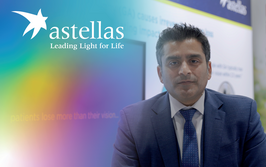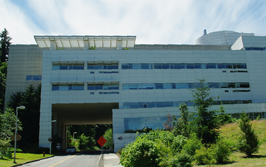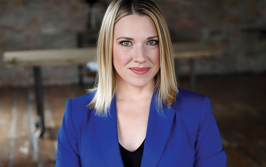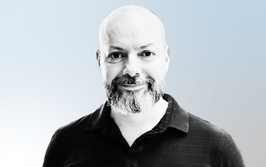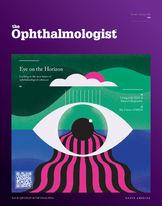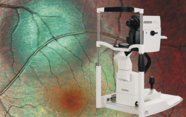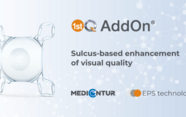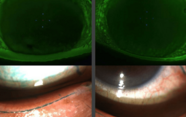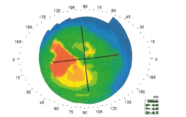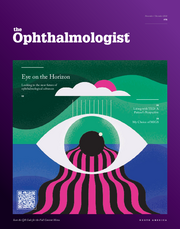Anat Loewenstein
The Power List 2018
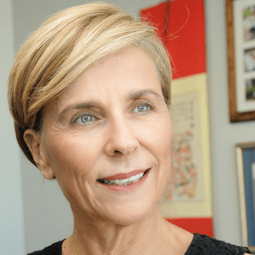
Anat Loewenstein
Chair of the Department of Ophthalmology, Tel Aviv Sourasky Medical Centre (TASMC), Professor of Ophthalmology and Vice Dean, Tel Aviv University, Israel
Anat is a retina specialist, expert in retinal toxicity, and has a strong research interest in the early detection of retinal disease. Her expertise has led her to be in great demand as a consultant – not only with the big pharmaceutical companies evaluating medical retina therapies, but also in the diagnostics and device world. She’s led the development of a novel technology for detecting macular degeneration, automated retinal disease detection, and an augmented reality system that aims to replace the trusty old traditional surgical microscope. Her career path started with four years serving as a physician-officer in the Israeli Navy, a residency in TASMC, a fellowship in retinal vascular diseases and vitreoretinal surgery at The Johns Hopkins Wilmer Eye Institute in Baltimore, before returning to Israel, where before long, she was appointed head of TASMC’s vitreo-retina unit, and then went on to become the Chair of the Department of Ophthalmology. Anat also managed to complete a Master of Health Administration degree at the Tel Aviv University Business School, and she also has found the time to publish more than 300 peer-reviewed articles, write multiple textbook chapters, and take on leadership roles within international societies (she is the current General Secretary of EURETINA and serves on the international committee of the Macula Society).
What have been your career highlights?
“There are many: becoming the chair of a department and a professor at the age of 40, my first vitrectomy, receiving the Michelson Award of the Macula Society.”
What are your goals for the future?
“To educate young retina specialists how to become the best in their profession and to be part of the development of novel technologies.”
What has been your most successful collaboration?
“I’ve collaborated for many years with Neil Bressler on our Controversies in Ophthalmology meeting (and many other issues). I collaborate a lot with Eugene de Juan on novel inventions and technologies – these are just two of my best collaborations.”
What are your plans for the next 10 years?
“Continue doing what I am doing! Allocate more of my time to developing new technologies that will make a difference.”
What drives you day-to-day?
“The wish to lead, the wish to improve vision, the wish to do whatever I can to do things the best way possible.”
Who have been your mentors?
“I had four mentors: the first was my mother, Esther Shapira, who was a cardiologist and worked until the day she passed at the age of 89. She taught me that practicing medicine and making a change for patients is the most important thing, and the thing that gives the best fulfillment. My second mentor was Susan Bressler, who taught me meticulousness in treating retina patients, and that there is a possibility for wonderful balance between career and family. My third mentor was Julia Haller who taught me vitreoretinal surgery, taught me that it is possible to treat patients in the best possible way and for the most difficult situations while maintaining a sense of humor and being friendly with the patients without keeping distance. My fourth mentor was Eugene de Juan who taught me to keep an open mind, to think outside the box and to think “big” with vision.”
Suggested articles:
